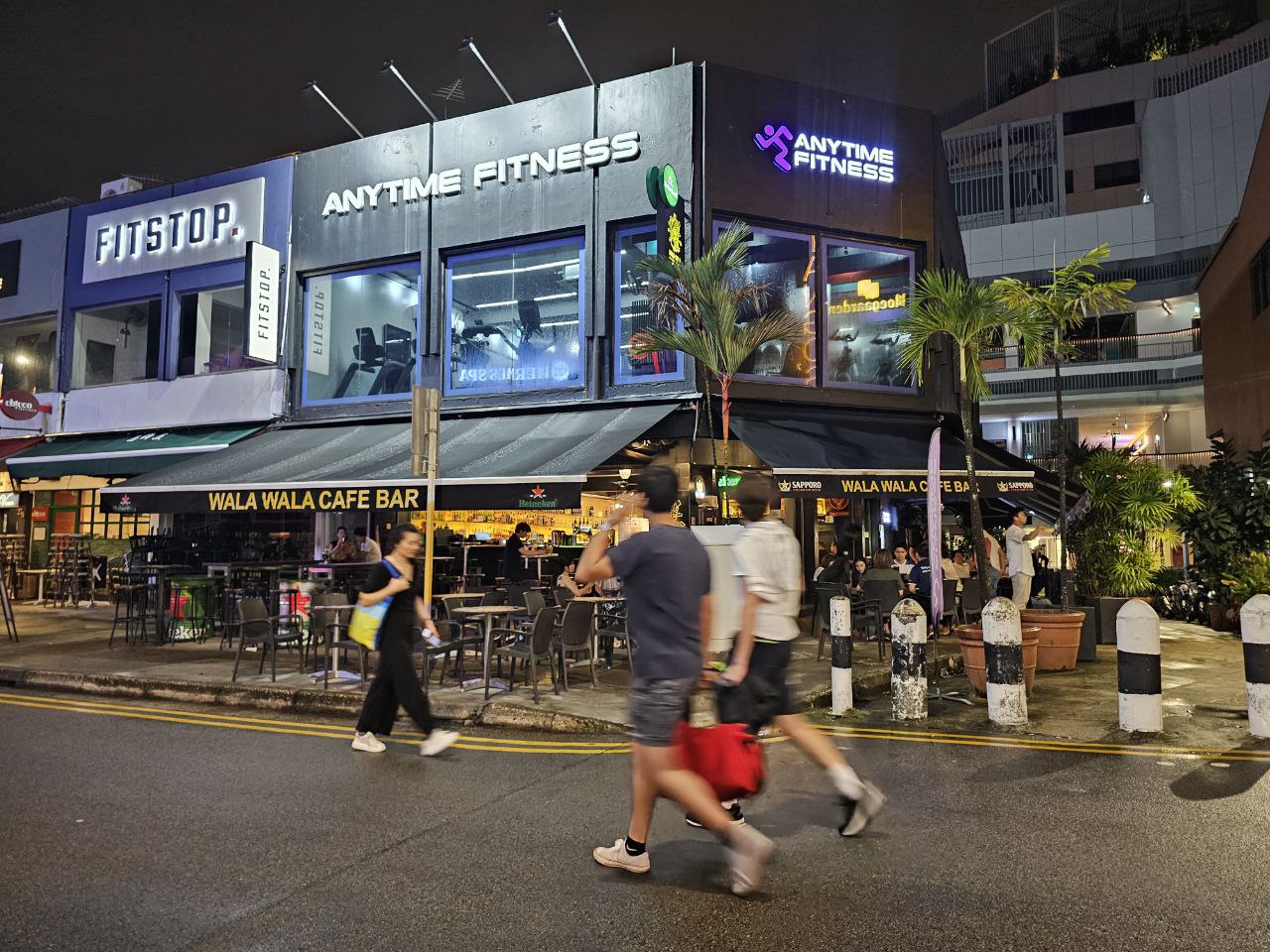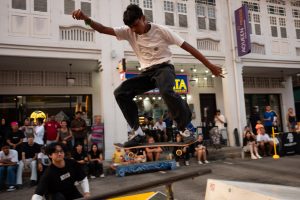Top image: Andre Frois / RICE file photo
Wala Wala Café Bar, the last major vestige from Holland Village’s heydays, announced last week that it has thrown in the towel. Pour one out for another fallen compatriot in the brutal battleground of Singapore’s waning F&B and nightlife scene.
Owner Stanley Yeo has decided not to renew the lease when it expires in December 2025. Already, he’s seeking a new tenant to take over the space.
Since 1993, Wala Wala has been a rite of passage for local musicians. This vibrant, two-storey haunt was where live music pulsed through sticky floors. Lifelong friendships were forged over shared wings, and laughter spilt freely onto Lorong Mambong.
Singaporeans and expats alike recall with fondness the early performances of homegrown acts like 53A, Jack & Rai, Shirlyn + The UnXpected, and Tabula, who once cut their teeth on Wala’s stage long before gracing bigger stages across the country.
Wala Wala is more than a bar; it was a primordial soup for Singapore’s live music scene.
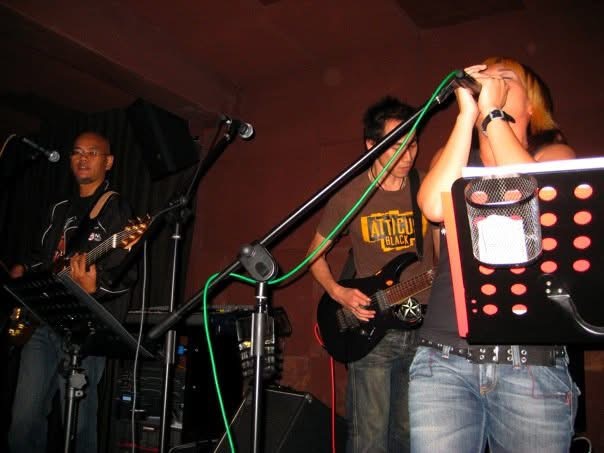
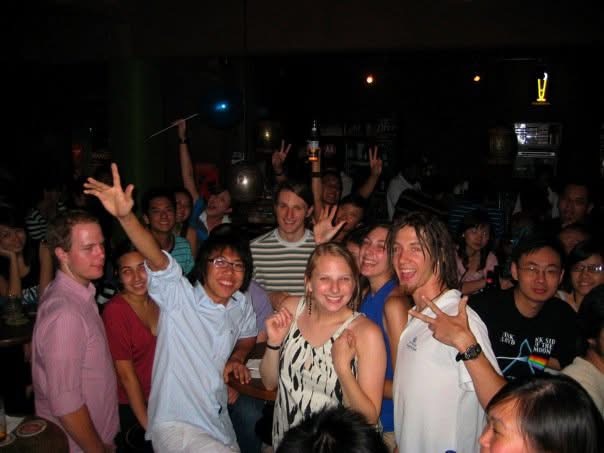
Social media influencer Anna En was among the many who were smitten by the magic of Wala Wala and has been frequenting the bar since she was 19.
“People used to joke that I was practically part of the furniture,” she remarks.
“I’ll miss this legendary spot and its unpretentious vibe. The talented musicians here set the bar high. I’ll miss its mix of down-to-earth regulars, and the staff feel like family, too. I’ve even attended weddings here.”
That Wala Wala endured—even as neighbours like Fosters Steakhouse and NYDC folded under rising rents and thinning crowds—speaks volumes of its cultural weight.
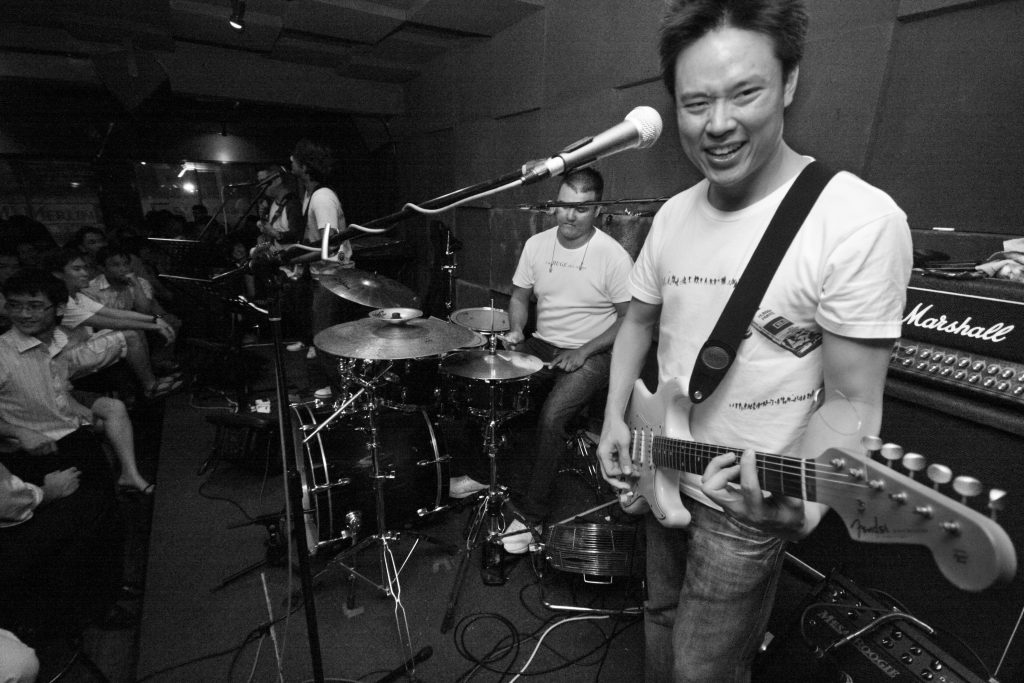
Indicators of the End
The signs were there long before this year.
When Holland Village faced redevelopment from 2018 to 2023, its open-air carpark remained closed. This inconvenience led patronage to plummet, which proved to be the coup de grâce for many of the lifestyle enclave’s ailing tenants.
Nonplussed, Stanley soldiered on through adversity.
However, when the devastating live music ban during Singapore’s 2021 lockdown forced his hand, he made a tough decision that, in hindsight, marked the beginning of Wala Wala’s end. He revealed to The Business Times last week that Wala Wala hasn’t turned a profit ever since.
During the ban, he was forced to relinquish the upstairs performance venue, transforming Wala into a single-storey bar devoid of a voice. The once raucous music floor is now occupied by an Anytime Fitness gym.
The stage upon which nervous local musicians matured into consummate showmen now hosts shoulder presses and cable pulleys—a gym where cheers have been replaced by grunts and repetition.
This downsizing proved a critical blow. With footfall reduced and rent climbing to S$28,000 a month—a 9 percent increase over two years—Wala Wala struggled to stay afloat.
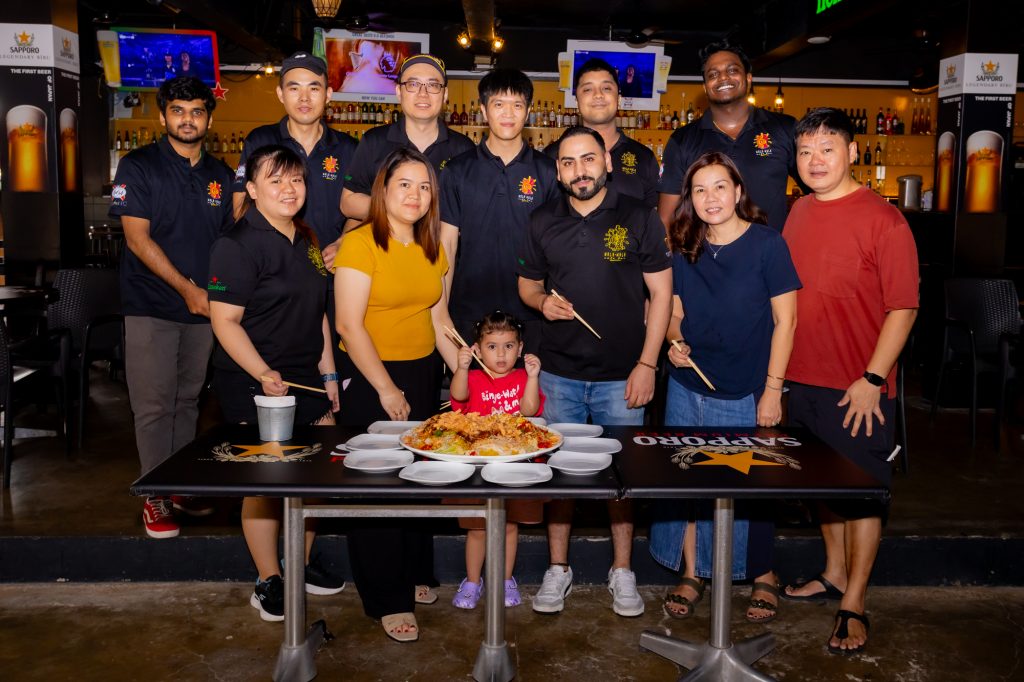
Now a grandfather, Stanley has finally decided to call time on the beloved institution. In doing so, he closes a chapter in not just his own life, but a chapter in Singapore’s cultural memory.
Stanley, who has been busier than ever since the announcement, declined to comment to RICE. But longtime employee Amit Kumar says a quiet sadness now hangs over the team.
Amit joined the bar in 2013 at just 21, eventually rising the ranks to become its manager. He’s stood by Stanley through thick and thin, like during the Covid lockdown, when Stanley sold his personal whiskey collection to keep staff paid.
“Stanley almost closed Wala Wala several times,” Amit reveals.
“We took a big hit when the carpark closed for the One Holland Village construction. We had hoped the new development would bring in business… but it barely made a difference.”
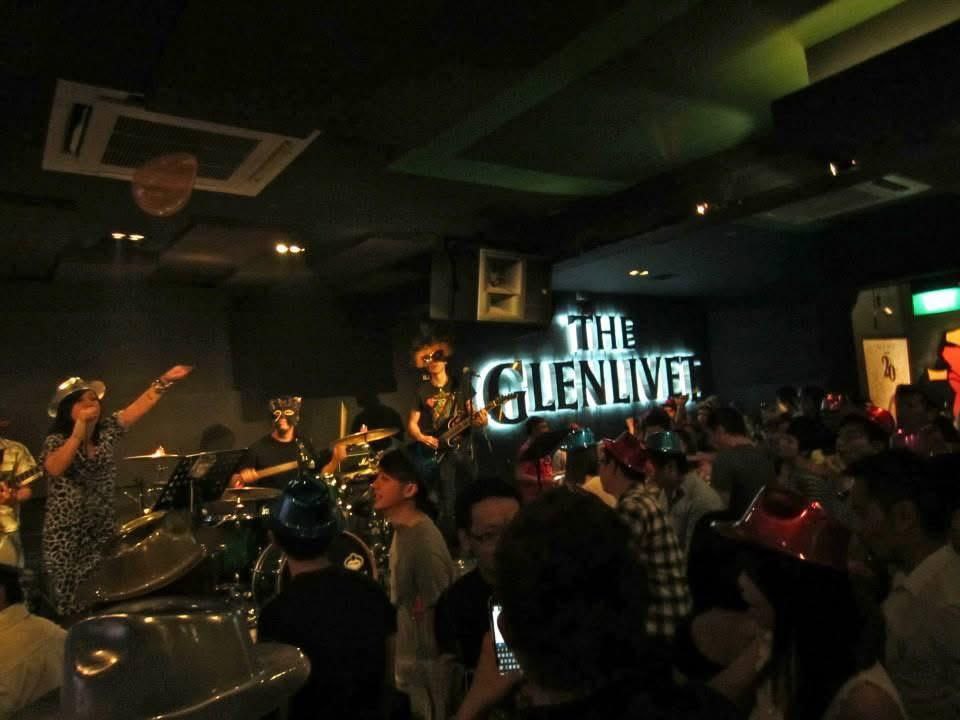
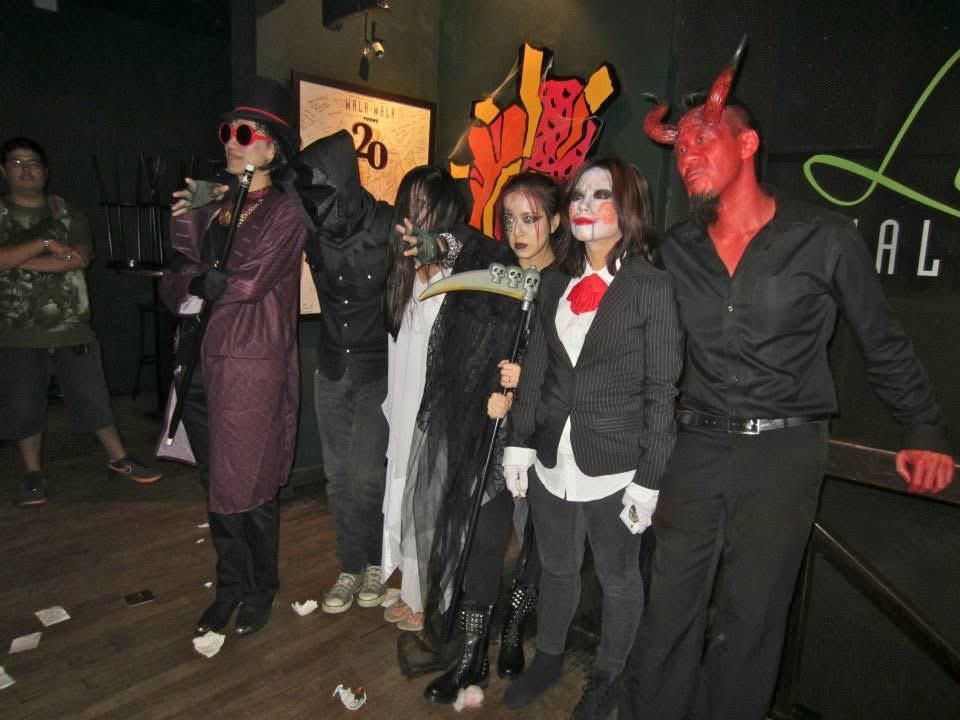
For the Artists, By the Artists
Just a stone’s throw from the bustle of Orchard Road, Holland Village was long defined by the presence of Wala Wala—a spirited nook where budding musicians found a home.
This unpretentious watering hole didn’t just host live music; it offered residencies to young performers, who honed their craft on its hallowed stage as cover bands.
For decades, whenever locals crave socialising in a live music setting, Wala Wala enjoyed top-of-mind awareness alongside Timbre. Its contribution to Singapore’s nightlife scene was intentional, undeniable, and too often underappreciated.
“Wala Wala gave me the platform to form my very own band… Its impending closure will certainly leave a hole in our hearts,” says Shirlyn Tan of Shirlyn + The UnXpected, a veteran cover band that enjoyed regular residency nights there from 2002 to 2017.
“It was also the platform where I got to test my original songs before recording my solo album Newfound Jealousy—which Wala Wala also generously invested in.”
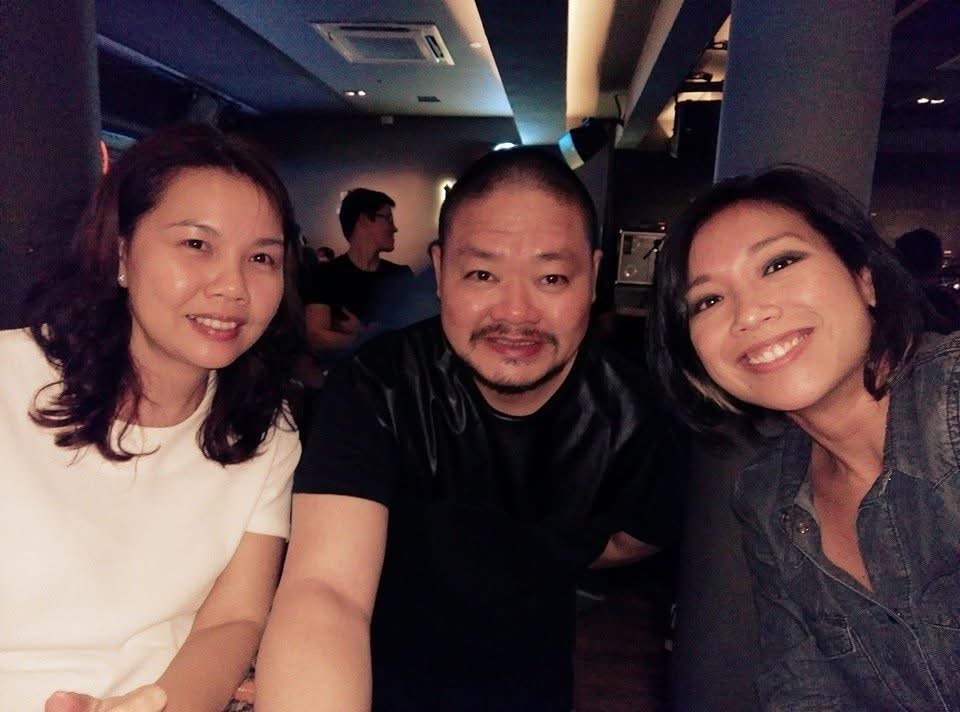
For Shirlyn, Wala Wala was an indispensable creative incubator, but she worries that younger audiences are increasingly priced out of these cultural spaces.
She sympathises with young people trying to enjoy a night out without breaking the bank, but acknowledges that rising rents have driven up the cost of food and drinks at such venues.
“The more the young crowd seeks cheaper alternatives to have a good time,” she notes, “the harder it will be for decent establishments to maintain their business.”
Mark Jason, 40, was the resident sound engineer of Wala Wala. He remembers it as the place where he sharpened his craft over eight formative years with people from all walks of life.
“People across Singapore, and even overseas, travelled to Wala Wala to experience something visceral,” he says.
“Sadly, performance art is now so accessible that it’s lost some of its appreciation. More people are streaming concerts in their living rooms.”
Jack Ho of the duo Jack & Rai echoes this sentiment.
“Wala Wala gave birth to Jack and Rai,” he says. That’s no hyperbole.
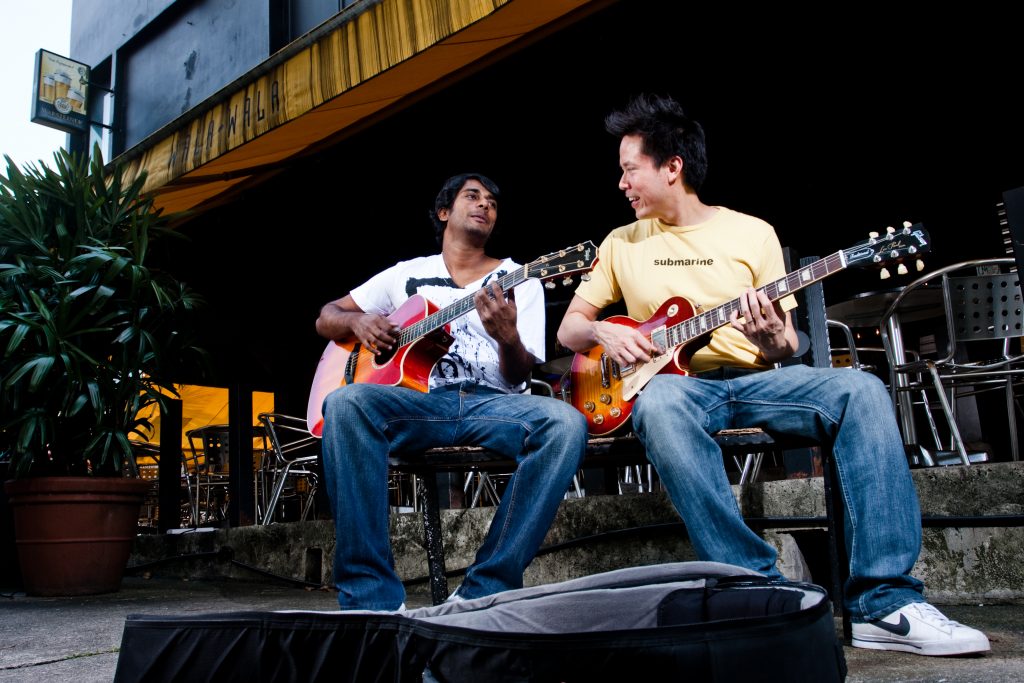
After starting on quiet Sunday sets in 2002 as relative unknowns, Jack & Rai eventually earned the coveted Friday night slot, building a loyal following one gig at a time.
“Without Wala Wala, Jack & Rai wouldn’t be who we are today.”
Jack, now 48, is a restaurateur like Stanley. The co-owner of sushi bar The Flying Squirrel sees Wala Wala’s closure as part of a larger reckoning in Singapore’s nightlife scene.
“Covid changed people’s social habits. It’s reduced their inclination to go out,” he laments. “Rising overheads have led to a spate of live music venue closures in recent months.”
But he’s not ready to concede defeat.
“The local arts scene is still very vibrant. Gen Z is streaming concerts a lot—maybe we just need to find new ways to make live music accessible.”
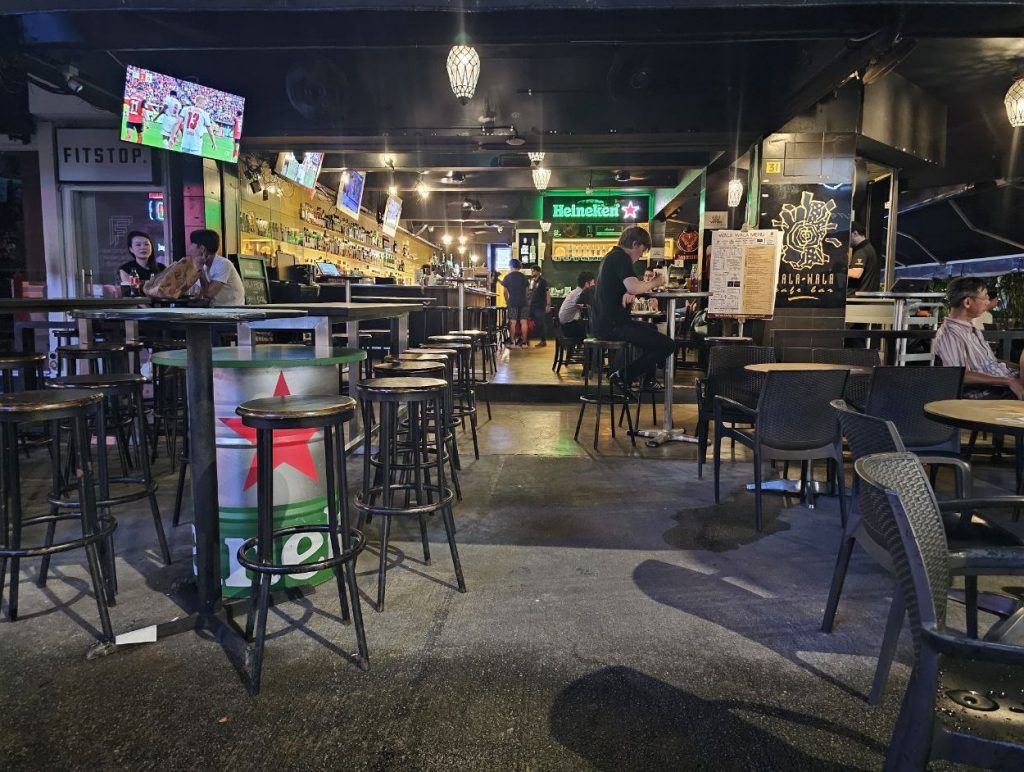
Closing Time
Shirlyn reflects on a sobering shift she witnessed over her years of performing: “These days, live musicians are literally competing with smartphones for attention.”
As mobile devices privatise gratification and streaming normalises passive consumption, Wala Wala’s commercial exit is also a cultural signal. As traditional music venues disappear, we’re pushed to reimagine what community looks like in an era of attention fragmentation.
“Bars are destinations, and perhaps they need new packaging that will attract the Instagram and TikTok generations,” says Rai Kannu, 47, who had tried Twitch streaming performances with his partner Jack, but admits that it was a strange feeling that took some getting used to.
“But, y’know, everything comes in cycles. And one day, people will say, hey, let’s go back to the old school way of gigging.”
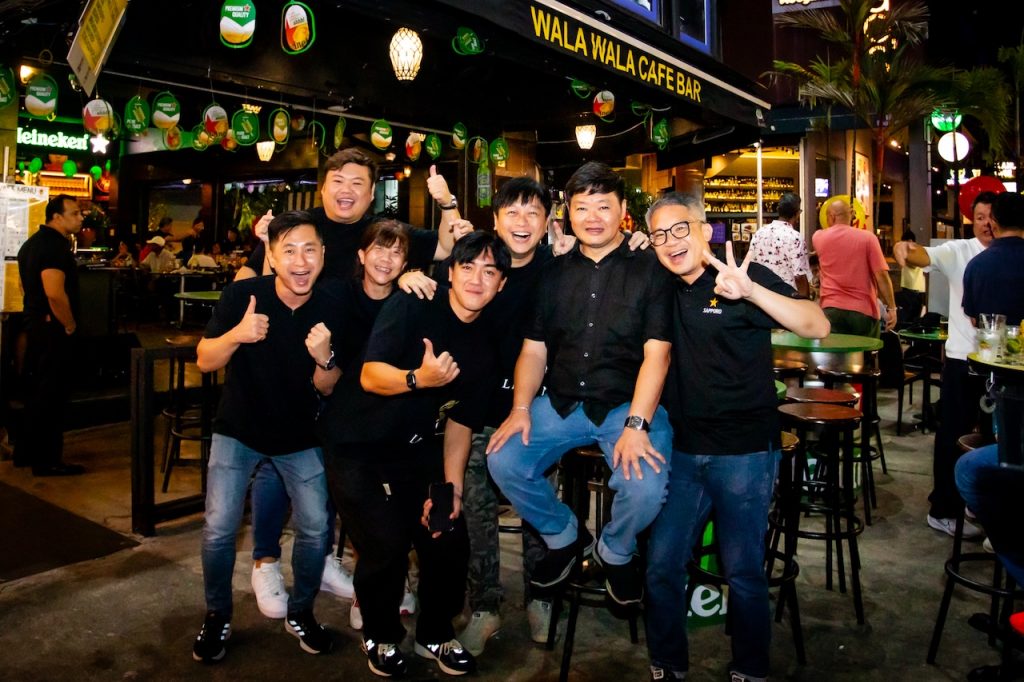
Has Singapore outgrown its affection for the humble Top 40s cover band? I doubt it. There’s something universal and exuberant about belting out familiar tunes with friends over some booze and bar bites, finding temporary kinship in a chorus everyone knows by heart.
The setting may change, but the instinct to gather, sing, and feel something together remains. Live music bars may be waning, but the hunger for those communal moments hasn’t gone away. In a way, that spirit lives on in raucous sing-along events like Emo Night SG and Who Hurt You, albeit without musicians performing the songs live.
If anything, the departure of Wala Wala and other neighbouring mainstays like Thambi Magazine Store marks the end of an era for Holland Village. Or at least the Holland Village we knew and grew up with.
When the new tenants arrive, they won’t just be replacements. They’ll usher in a version of Holland V tailored for a different crowd, a different time.
One day, when Singapore’s rent madness gets fixed (if ever), the spirit of spots like Wala Wala might just return—scrappy, soulful, and authentically local.
Till then, there’s always Teo Heng.

